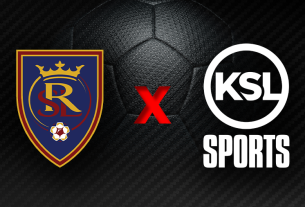The NBA and the National Basketball Players Association have discussed a significant rule change that could motivate superstars to appear in more games during the regular season.
Aiming to reduce load management across the league, the two parties have considered making regular season awards dependent on a player’s number of games played, per The Athletic’s Mike Vorkunov.
Talks are ongoing as part of the current collective bargaining agreement negotiations. The deadline to opt out of the agreement is March 31 which would effectively end the current CBA on June 30.
Vorkunov pointed out that commissioner Adam Silver did express his concerns over load management and how it may affect the NBA’s next streaming deal during the offseason. The new streaming rights contracts take effect at the start of the 2025-26 season.
Load management has become a trend in the NBA for over a decade. In 2012, Spurs HC Gregg Popovich held aging stars Tim Duncan, Tony Parker and Manu Ginóbili out of regular season games to keep them fresh for the playoffs.
While Popovich might’ve started the modern trend, Cavaliers guard Donovan Mitchell believes Hall of Famer Dennis Rodman pioneered it with his infamous 1998 trip to Las Vegas.
Each year videos and stories emerge about children eager to see their favorite players, only to be let down when they discover the player is unavailable due to load management.
Last month, a 12-year-old Heat fan traveled 4,405 miles from Argentina to watch forward Jimmy Butler play. However, Butler was a late scratch and didn’t attend the game.
Luckily for this young fan, word spread quickly about his situation. The Heat invited him to sit courtside and meet Heat guard Gabe Vincent. He was also gifted a Butler jersey and basketball. The classy Butler later invited the child’s family back to Miami-Dade Arena to spend time with him.
Even though the Heat fan’s tragic story became heartwarming, not all fans have the same luck. Ultimately, teams care more about protecting their players’ health, which is understandable but also unfair to those paying to attend the games.
Perhaps if the awards are tied to games played, it’ll crack down on load management, but reducing the number of regular season games might be the best course of action.


